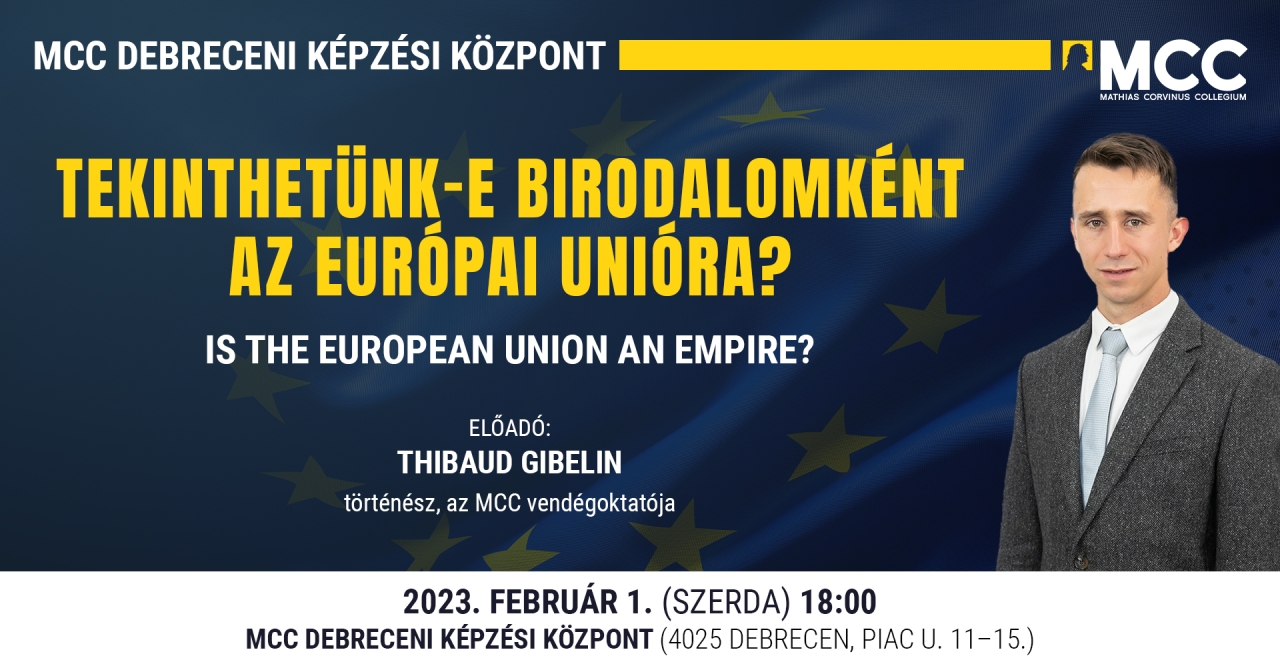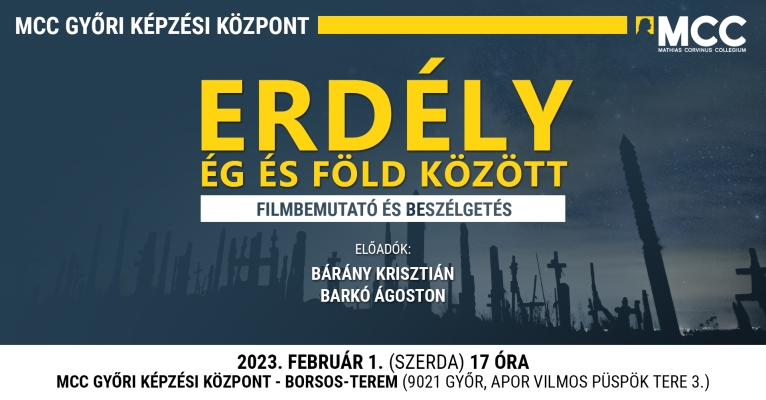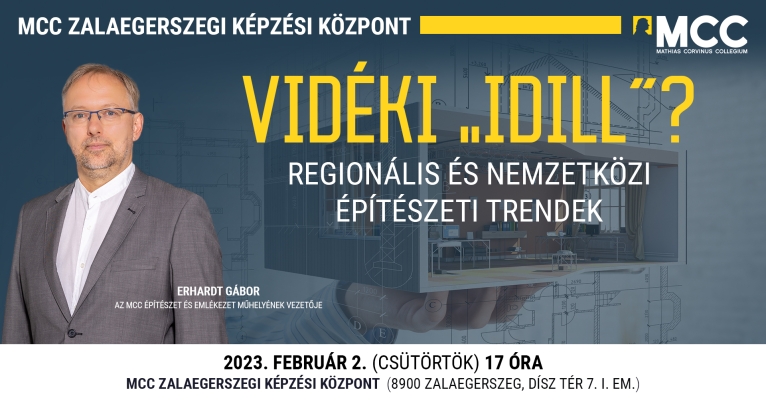A Maastrichti Szerződés 1992-es elfogadásával az Európai Gazdasági Közösség (EGK) újraalapításának eredményeként megszületett az Európai Unió. Az európai integráció azóta is valódi politikai projekt. A Brüsszelben koncentrálódó hatalmak betöltik-e azokat a feladatokat, amelyek korábban a Római Birodalomra, a Szent Birodalomra vagy akár a Római Egyházra hárultak? Elemezni fogjuk, hogy melyek egy birodalom hagyományos jellemzői és hogy az Európai Unió megfelel-e ezen meghatározásnak. Azt is megvizsgáljuk, hogy az egységes tendencia milyen szerepet játszott Európában az évszázadok során. Valójában az egységes törekvés legalább annyira konstitutív Európa számára, mint a kulturális, nyelvi vagy nemzeti sokszínűség.
Előadó: Thibaud Gibelin, az MCC vendégoktatója
The European Union is the result of a refoundation of the European Economic Community (EEC) with the adoption of the Maastricht Treaty in 1992. European integration has been a real political project since that time. Do the powers concentrated in Brussels fulfill the functions formerly devolved to the Roman Empire, to the Holy Empire or even to the Roman Church? During this conference, we will analyze what are the traditional characteristics of an empire and whether the European Union corresponds to this definition. We will also question the role of the unitary tendency in Europe over the centuries. Indeed, the unitary aspiration is constitutive of Europe as much as cultural, linguistic or national diversities.
Lecturer: Thibaud Gibelin, Visiting Fellow, MCC
Az eseményen történő részvétel ingyenes, azonban regisztrációhoz kötött.
Regisztráció: ITT
A regisztráció határideje: 2023.02.01. 12:00.
Minden érdeklődőt szeretettel várunk!


